8 misconceptions about car maintenance and use
(Baonghean.vn) - There are many things related to cars, so there are often misconceptions that are considered correct when using cars, especially word of mouth experiences without clear scientific proof.
1. Over inflated tires make the car go smoothly. Under inflated tires make the brakes work.
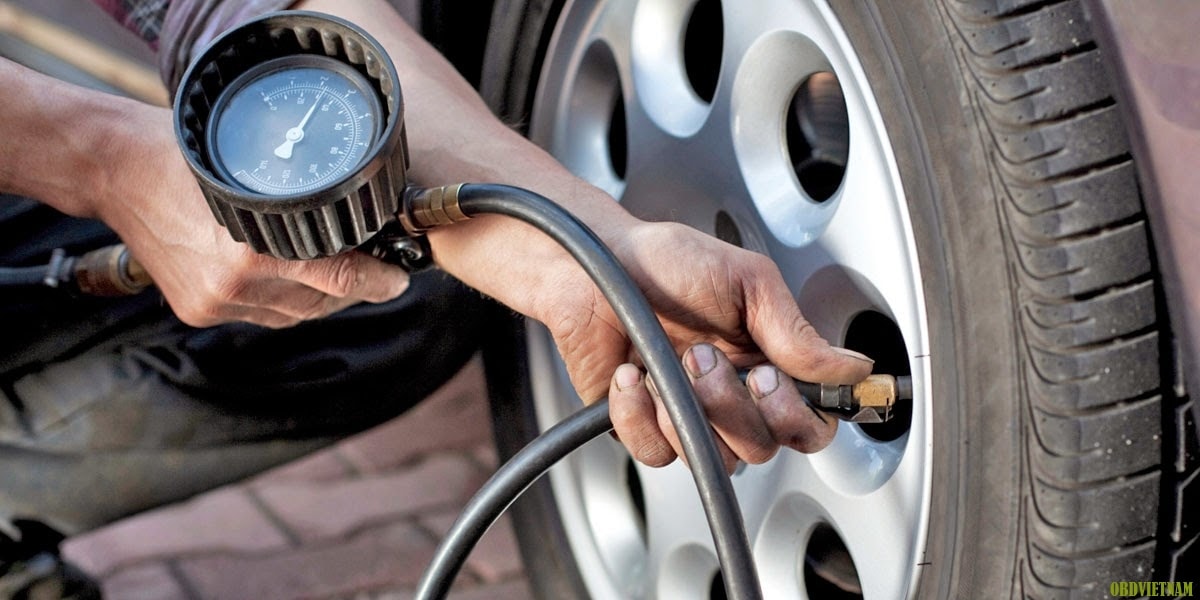 |
This is a fairly common concept that old drivers advise young people. However, in reality, when the tire is inflated too much, it will lose the shock absorption effect of the wheel, reducing the braking efficiency significantly. If the tire is under-inflated, it will cause instability in vehicle control, and braking efficiency will not increase. In addition, inflating the tire not according to the manufacturer's standard parameters can reduce the tire's lifespan, cause explosions and be dangerous during vehicle use on the road. |
2. The wider the wheel, the better the grip on the road.
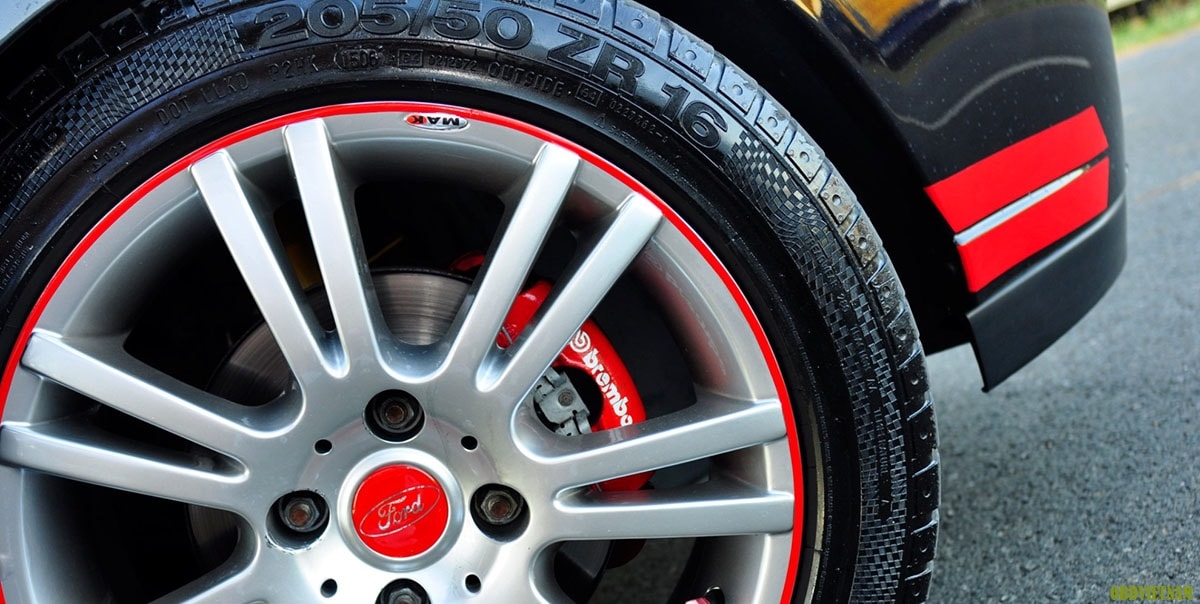 |
Not sure, nowadays sports cars often have large rims (17, 18 inches) and thin tires - but that does not mean the car has the best road grip. The road grip factor is the friction force created by the tire with the road surface, which mainly depends on the mass of the vehicle, the quality of the tire rubber, and the structure of the chassis. Therefore, the type of tire used and the contact area are carefully calculated depending on the manufacturer... Arbitrarily changing large and thin wheels will lead to consequences such as shaking, noise, rapid tire wear, and reduced life of the load-bearing parts. |
3. ABS, EBD brakes… are guardian angels
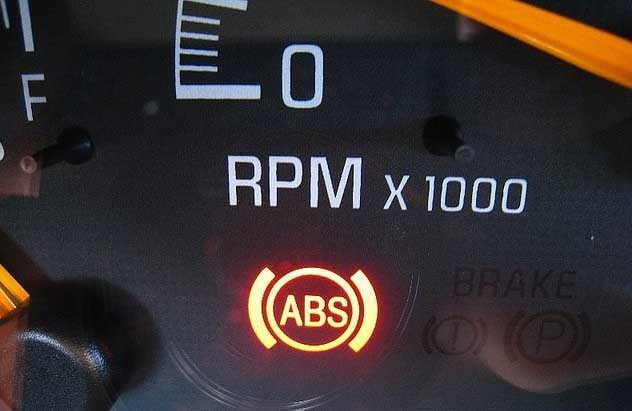 |
ABS brakes have the task of making our sudden braking much smoother and safer. That is true, but only when you understand its function. That is, you must understand that ABS, EBD will support a lot but not all! Driving carefully, anticipating every situation is your guardian angel. Careless driving, speeding, sudden braking, high-speed cornering, lack of experience... will be very dangerous whether the car has ABS, EBD or not. |
4. All oil is oil
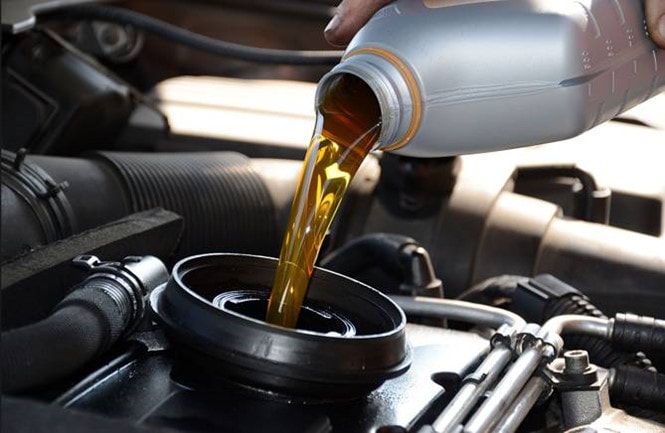 |
This is an incorrect concept; this thinking is very dangerous because in the car there are many devices that need lubricating oil to transmit pressure, cool... Each device has suitable lubricating oils such as brake oil, engine oil, gearbox oil... The composition of the oils also has its own parameters and grades, using them mixed together is very dangerous or at least will damage or reduce the life of the car. Besides, new cars will use thinner oil than cars that have traveled many kilometers. Therefore, you should carefully study this issue to avoid losing money and getting sick. |
5. "Squeezing the throttle" into low gear will damage the engine more than "forcing the gear"
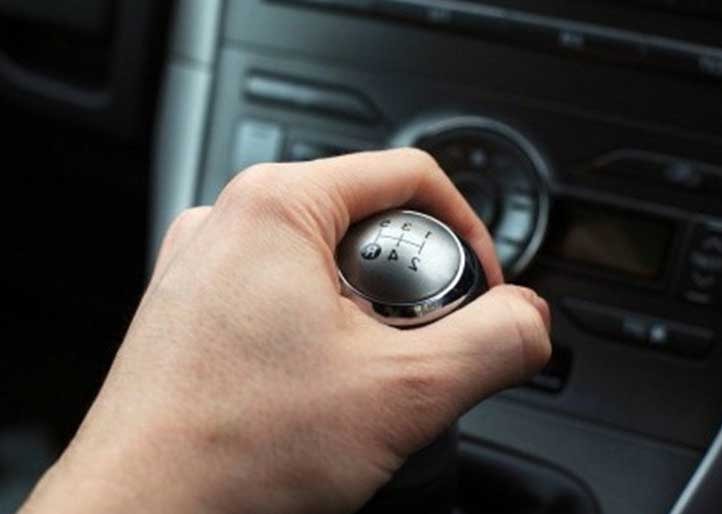 |
Normally, when driving a manual transmission car in low gear (high rpm), it causes a roaring feeling, making many people worry about the engine; if running high gear at low speed, the engine does not make a roaring sound. Therefore, out of habit, many people "increase" the number of high gears at any speed (also known as lazy shifting) - This is a misconception, causing serious reduction in engine life. Because putting a large load on the engine while the rpm is low (the oil pump creates poor pressure) can destroy the lubricating oil film, wear out sliding parts... Choose the appropriate gear step according to the speed and load of the vehicle if you want the best for your car. |
6. Manual transmission makes automatic cars better at climbing hills
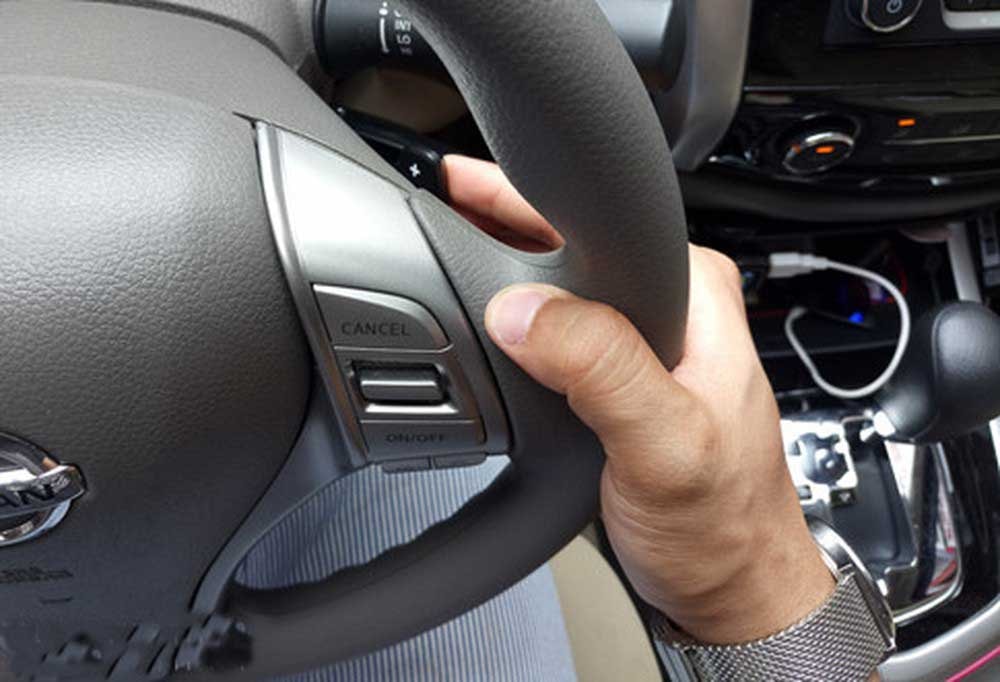 |
In automatic transmission vehicles, using L or 1st gear will climb the slope stronger than D gear is a common thought among many drivers. In fact, whether in D or L(1), the car always starts in 1st gear in the AT set, the torque on the wheel when going uphill will still not change when we use D or L. The purpose of the manufacturer when creating controllable gears is to allow the driver to proactively change gears when using the car on special roads such as steep passes, hairpin bends, etc. At that time, the car needs to keep a low gear to increase stability as well as take advantage of the engine's braking force. |
7. The car will overheat if driven for a long time.
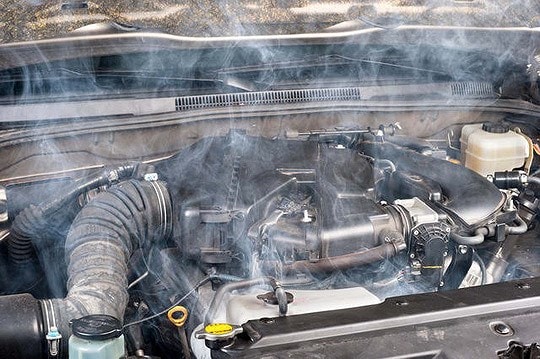 |
This concept is only true for cars with cooling system problems or cars that are too old. If your car's engine temperature changes according to each objective condition, it means it's time for you to have a general check of the car. That's why, sometimes you don't need to worry too much when you have to use the car in low gear for a long distance (pass, mountain...) but focus on controlling the car and choosing the gear level so that the car runs strongly and proactively at speed. |
8. Polish your car regularly to keep it looking new.
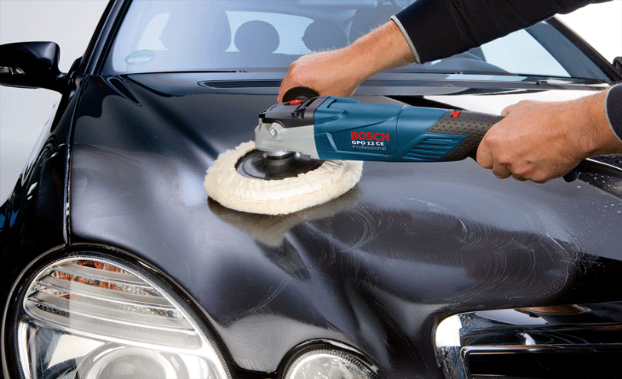 |
In fact, in Car Wax, in addition to the base chemicals that clean and polish the car's paint, there is also a certain amount of abrasive powder that wears down the polished paint layer. Polishing the car too many times when it is not really old will cause the car's paint to quickly wear out, lose its protective layer and fade. Take care to clean the car with specialized car wash solutions, keep the paint shiny with gentle paint polishing solvents. Do not leave the car dirty for too long, causing the dirt to penetrate deep into the paint and lose its inherent shine. |


